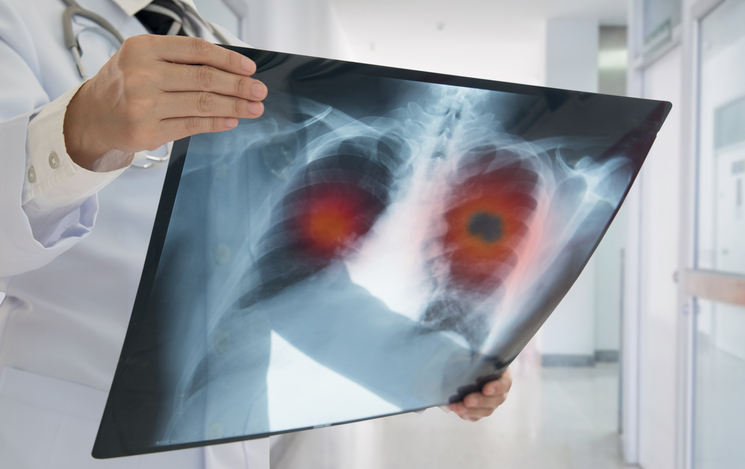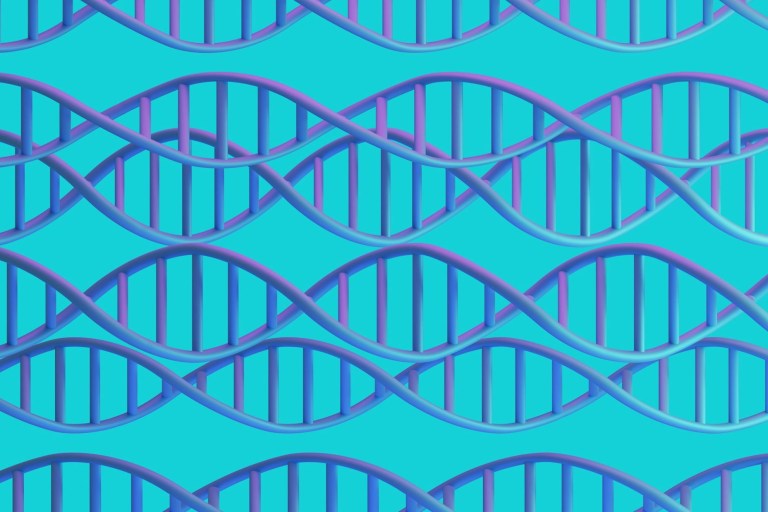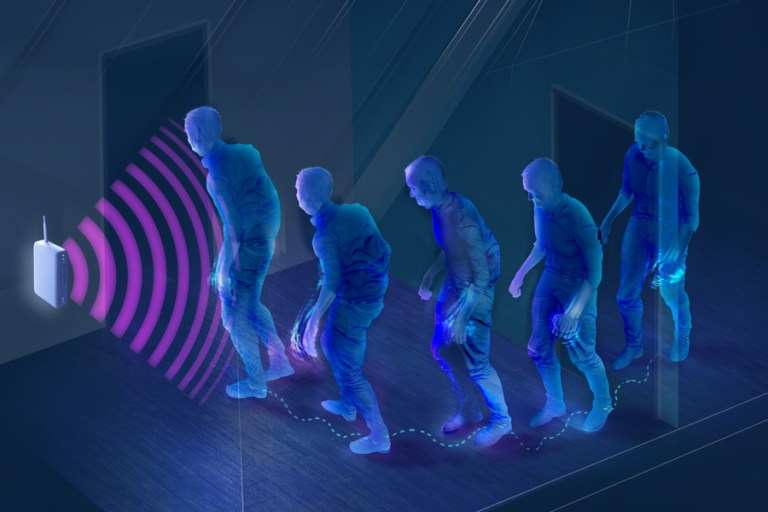Artificial intelligence is at the forefront of medical innovations at the moment, and some scientists are testing out the use of the technology to help with early cancer detection.
A team of U.K.-based researchers from The Royal Marsden NHS Foundation Trust, The Institute of Cancer Research, London, and Imperial College London published a study late last year on how AI can spot lung cancer, finding their algorithm to be more accurate than the current tests doctors use.
The algorithm was made using data from the CT scans of nearly 500 patients, all of which had large lung nodules. Nodules are usually benign, but can sometimes be cancerous, and the largest ones carry the highest risk of disease. Researchers analyzed the scans via radiomics, “which can extract information about the patient’s disease from medical images that can’t be easily seen by the human eye,” a press release explained.
RELATED: New AI Could Help Predict and Prevent Heart Attacks
They used AUC (“area under the curve”) to measure accuracy. Per the release, an AUC of 1 indicates perfection and 0.5 indicates random guessing. The AI tool the researchers developed had an AUC of 0.87 when it came to identifying cancerous lung nodules — higher than the Brock score, which clinics currently use and has an AUC of 0.67.
“According to these initial results, our model appears to identify cancerous large lung nodules accurately,” lead author Benjamin Hunter said in a statement. He added: “Next, we plan to test the technology on patients with large lung nodules in clinic to see if it can accurately predict their risk of lung cancer.”
Though the AI research is still in early stages, it has big potential. “In the future, we hope it will improve early detection and potentially make cancer treatment more successful by highlighting high-risk patients and fast-tracking them to earlier intervention,” Hunter said.
Lung cancer is among the most common types, with 2.21 million new cases each year worldwide. It’s also the most common cause of cancer death, according to the World Health Organization. Preventing more deaths largely comes down to early diagnosis — symptoms don’t usually appear until the later stages of lung cancer, at which point it’s more difficult to treat successfully.
“People diagnosed with lung cancer at the earliest stage are much more likely to survive for five years, when compared with those whose cancer is caught late,” said study co-author Richard Lee. “This means it is a priority we find ways to speed up the detection of the disease, and this study — which is the first to develop a radiomics model specifically focused on large lung nodules — could one day support clinicians in identifying high-risk patients.”











